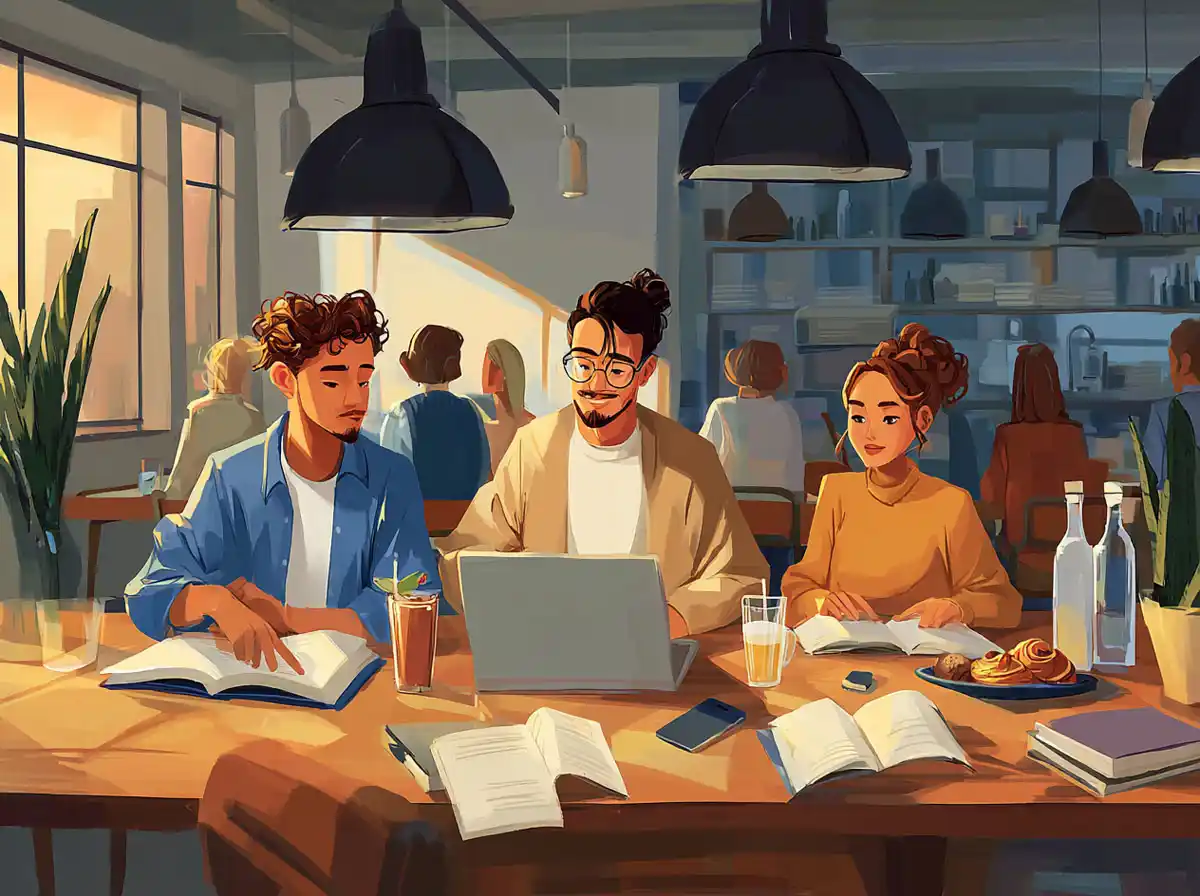Understanding the Moroccan Language: What is Darija?
Moroccan Arabic, commonly referred to as Darija, is the colloquial Arabic dialect spoken throughout Morocco. It differs significantly from Modern Standard Arabic (MSA) and other Arabic dialects due to its unique blend of influences. Understanding Darija is essential for effective communication within Morocco and for gaining deeper insight into Moroccan culture.
The Linguistic Composition of Darija
- Arabic Roots: Darija is primarily based on Arabic, sharing grammar and vocabulary with Classical and Modern Standard Arabic.
- Amazigh Influence: The indigenous Berber (Amazigh) languages have contributed vocabulary and phonetic elements to Darija.
- French and Spanish Loanwords: Due to Morocco’s colonial history, French and Spanish have infused Darija with many borrowed terms, especially in urban areas.
- Unique Pronunciation and Syntax: Darija features distinct pronunciation and sentence structures that set it apart from other Arabic dialects.
Why Learn Moroccan Language?
Morocco’s growing tourism, business, and cultural exchange sectors make learning Moroccan language a valuable asset. Here are key reasons to invest time in mastering Darija:
- Effective Communication: Speaking Darija allows for authentic interactions with locals in markets, homes, and workplaces.
- Cultural Appreciation: Understanding idioms, proverbs, and expressions unlocks deeper cultural contexts.
- Travel Advantages: Navigating Morocco becomes easier and more enjoyable when you can speak the local language.
- Business Opportunities: Fluency in Darija can open doors in Morocco’s growing economy and regional trade.
- Social Connections: Building friendships and networks becomes more meaningful through language.
Challenges of Learning Moroccan Language
While rewarding, learning Moroccan language can present some challenges that learners should be aware of to navigate their studies effectively.
Dialect Variations
Moroccan Arabic varies significantly across regions, with differences in pronunciation, vocabulary, and expressions. For example, Darija spoken in Casablanca differs from that in the Rif mountains or Marrakech. Exposure to multiple dialects can be confusing but also broadens understanding.
Lack of Standardized Written Form
Unlike Modern Standard Arabic, Darija lacks a formal written standard. It is mostly a spoken language, with recent efforts to develop written representations using Latin or Arabic scripts. This can make traditional textbook learning less effective.
Mix of Languages
Moroccan Arabic incorporates French, Spanish, and Amazigh words, which sometimes complicates vocabulary acquisition for learners unfamiliar with these languages.
Effective Strategies to Learn Moroccan Language
To learn Moroccan language efficiently, a combination of immersive, practical, and structured approaches works best. Here are proven strategies:
1. Immersive Listening and Speaking
- Engage with native speakers through conversation exchanges, language meetups, or online platforms like Talkpal.
- Listen to Moroccan music, radio, and podcasts to familiarize yourself with pronunciation and rhythm.
- Watch Moroccan films and TV shows with subtitles to contextualize language usage.
2. Use Language Learning Apps and Platforms
Talkpal offers a specialized platform to learn Moroccan language with native speakers and language tutors. Its interactive features include:
- Live video and audio conversations to practice real-time communication.
- Personalized lesson plans tailored to your proficiency level.
- Access to cultural notes and vocabulary lists focused on Moroccan contexts.
3. Focus on Practical Vocabulary and Phrases
Start with everyday vocabulary and common expressions such as greetings, numbers, directions, and food-related words. This builds confidence and ensures immediate usability.
4. Learn the Script Basics
Although Darija is mostly spoken, learning the Arabic script basics helps when encountering written Moroccan Arabic in social media or informal texts. Additionally, understanding Arabic script supports deeper engagement with Classical Arabic resources.
5. Study Grammar and Sentence Structure
While Darija grammar is simpler than Classical Arabic, learning basic rules about verb conjugations, negation, and sentence order is crucial. Many online resources and Talkpal tutors can guide you through this systematically.
Benefits of Using Talkpal to Learn Moroccan Language
Talkpal stands out as an effective tool for mastering Moroccan language due to its user-centric design and focus on conversation-based learning. Here’s why it’s beneficial:
Personalized Learning Experience
Talkpal matches you with native Moroccan speakers and professional tutors who customize lessons based on your goals and current skill level.
Convenient and Flexible
With Talkpal, learners can schedule sessions anytime and anywhere, making it ideal for busy lifestyles and remote learning.
Interactive Tools and Resources
- Real-time feedback during conversations to improve pronunciation and grammar.
- Vocabulary flashcards and quizzes to reinforce new words.
- Cultural insights integrated into lessons to deepen language context.
Community Support
Joining the Talkpal community connects you with fellow learners and native speakers, encouraging motivation and sustained practice.
Additional Resources to Supplement Your Moroccan Language Learning
Besides Talkpal, utilizing various resources can accelerate your progress:
- Books and Phrasebooks: “An Introduction to Moroccan Arabic and Culture” by Ernest T. Abdel-Massih is a popular choice.
- Online Courses: Platforms like Udemy and Coursera occasionally offer Moroccan Arabic courses.
- Social Media: Follow Moroccan content creators on YouTube and Instagram for authentic language exposure.
- Language Exchange: Tandem and HelloTalk apps connect you with Moroccan speakers worldwide.
Practical Tips to Maintain and Improve Moroccan Language Skills
Consistency and practice are key to language mastery. Consider these tips:
- Daily Practice: Dedicate at least 15-30 minutes daily to speaking, listening, or reviewing vocabulary.
- Keep a Language Journal: Write down new words, phrases, and cultural notes regularly.
- Engage in Conversation: Use Talkpal or language meetups to practice speaking regularly.
- Set Realistic Goals: Aim for milestones such as holding a 5-minute conversation or understanding a Moroccan song.
- Embrace Mistakes: Learning a dialect like Darija involves trial and error; stay patient and persistent.
Conclusion
Learning Moroccan language unlocks a rich cultural world and enhances your ability to connect authentically with Morocco’s people. Although Darija presents unique challenges due to its dialectal variations and informal nature, modern tools like Talkpal offer effective solutions through personalized, interactive learning experiences. By combining immersive practice, structured lessons, and cultural engagement, anyone can successfully learn Moroccan language and enjoy the many benefits it brings in travel, business, and personal growth. Start your Moroccan language journey with Talkpal today and embrace the vibrant linguistic heritage of Morocco.










